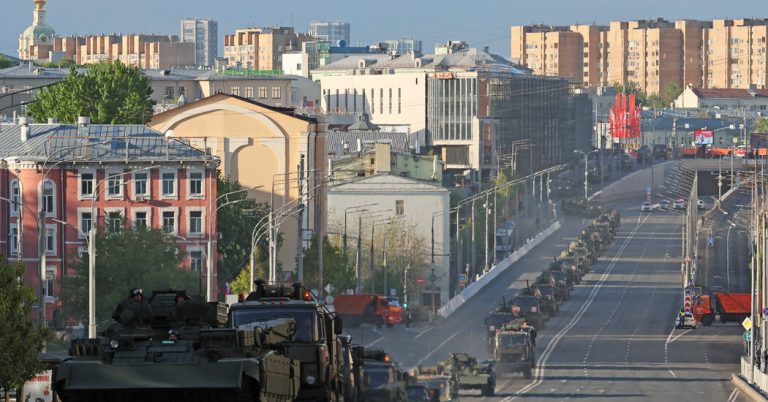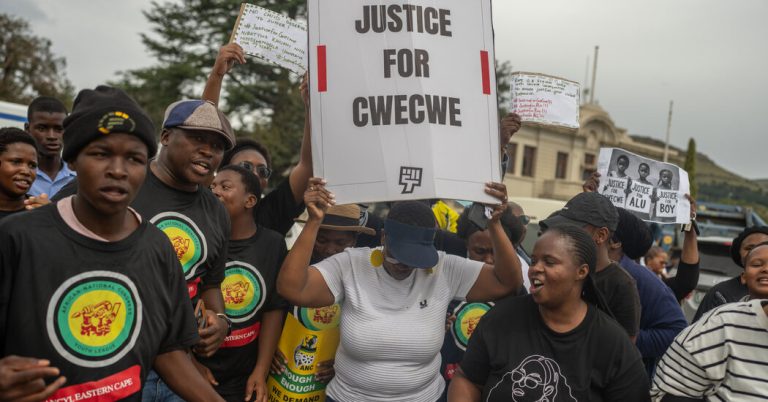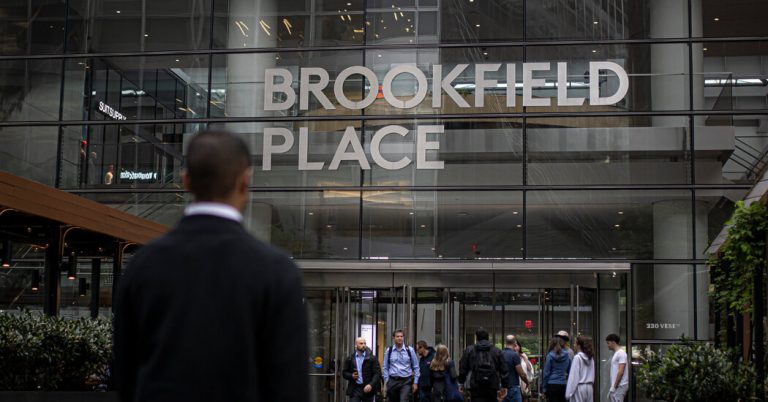The Chinese are trolling the Trump administration.
A YouTuber who used to make parody music videos about the Chinese leader, Xi Jinping, produced “The Song of MAGA,” a satire of President Trump’s vision for the United States.
A nationalistic TikToker who whitewashes China’s persecution of Uyghurs in Xinjiang made a video mocking Vice President JD Vance’s purported use of eyeliner in full drag fashion while demanding an apology for a comment Mr. Vance had made about “Chinese peasants.”
In a post on the social media platform RedNote, a video of Mr. Trump admiring a portrait of himself at the Justice Department is accompanied with a North Korean song, “The Whole World Envies Us,” likening him to the dictator Kim Il-sung.
United by their disdain for the Trump administration, Chinese internet users of different political views have created an impressive collection of work. The images, videos and music, mostly generated by artificial intelligence, mock the American leaders for what the Chinese believe are ridiculous and outrageous policies and remarks.
The trolling reflects shifting perceptions of the United States in China. The Trump administration has provided rich material for the Communist Party propagandists — it has never been easier for Beijing to stand on a moral high ground. The more liberal-minded Chinese, having overcome the initial shock at actions that reminded them of their own authoritarian government, are applying their creativity to Washington.
“I love the United States, but Trump has damaged American democracy and freedom, and harmed the country’s image on the international stage,” the creator of “The Song of MAGA” wrote in a text message.



















